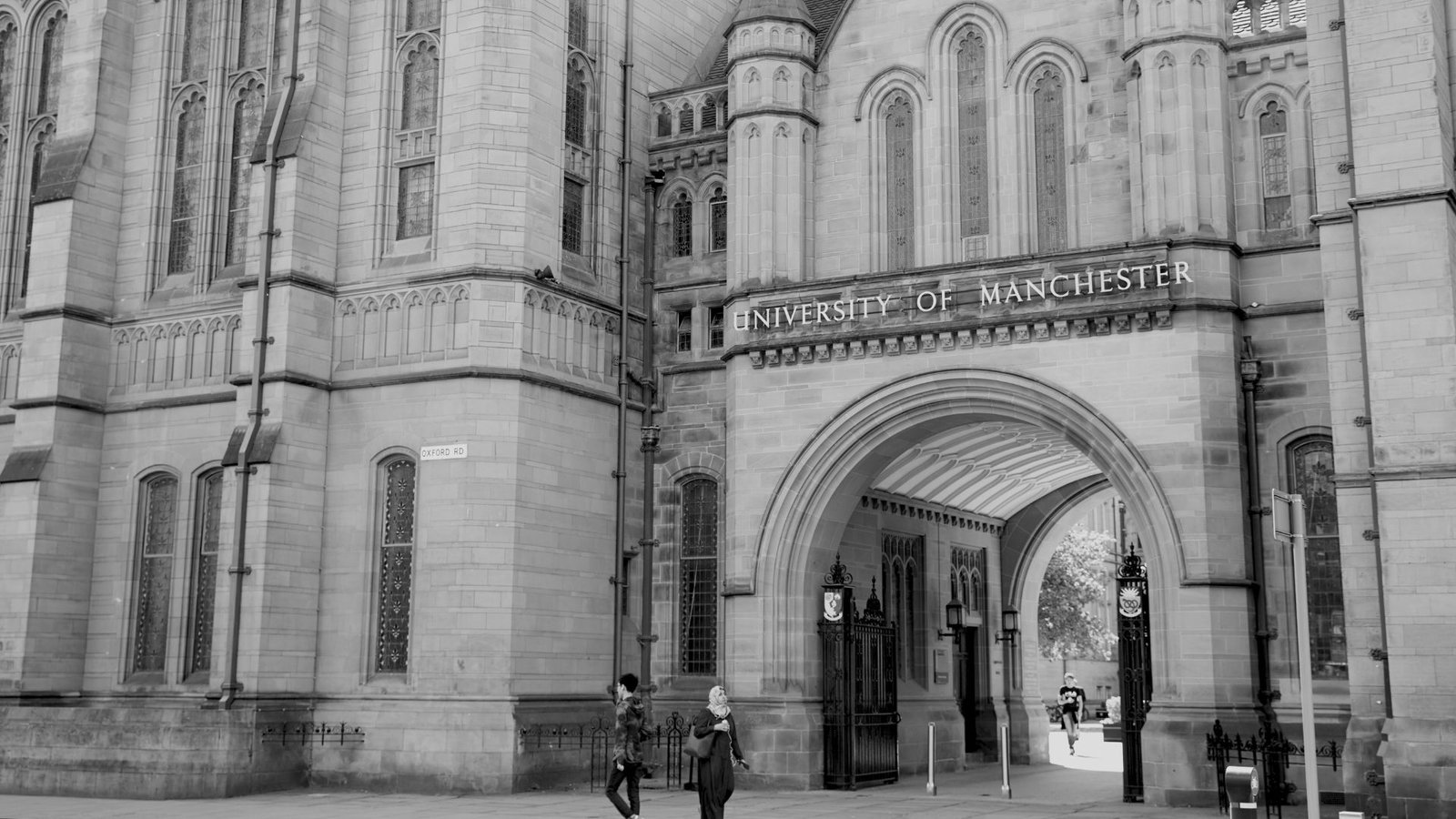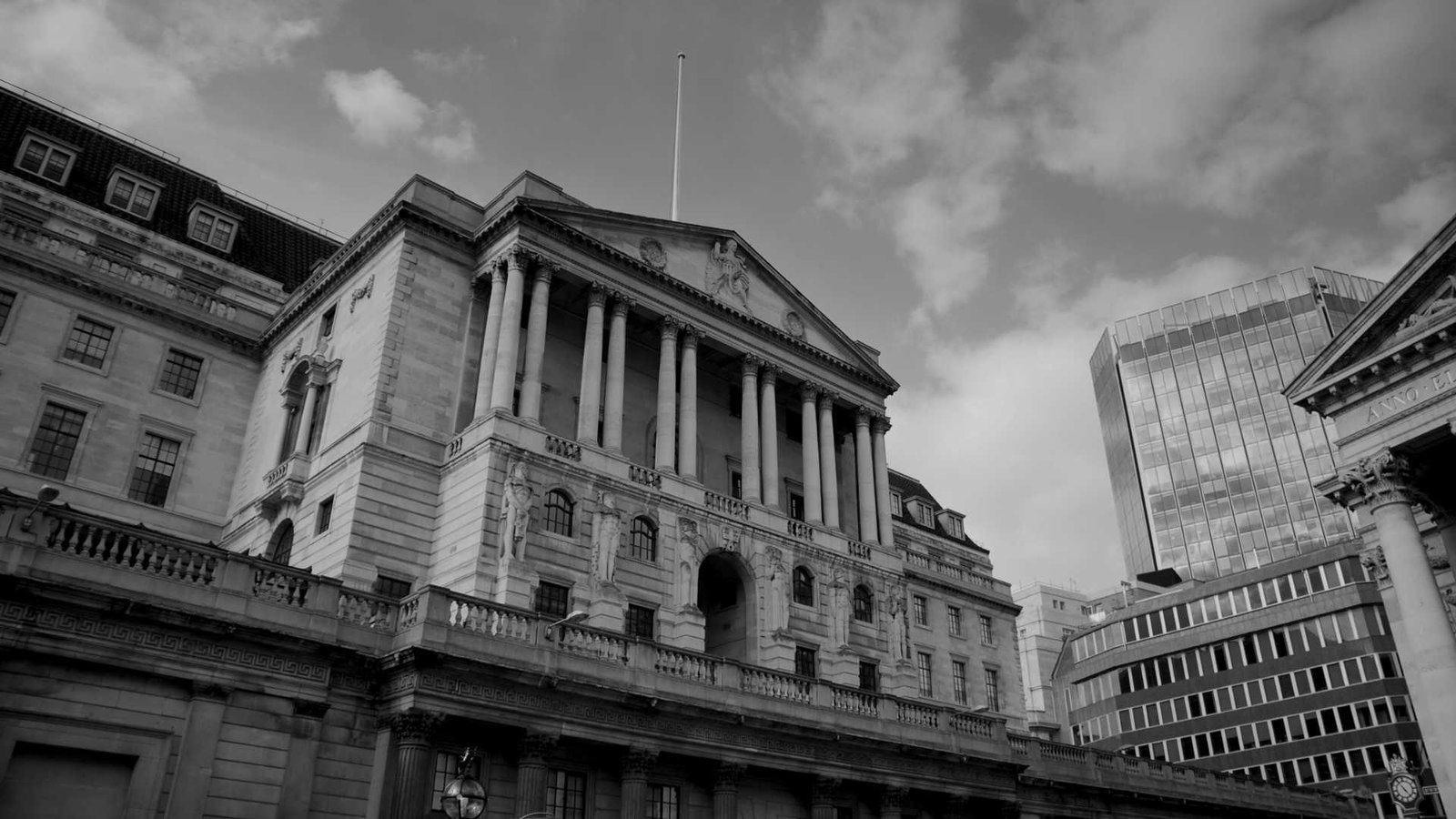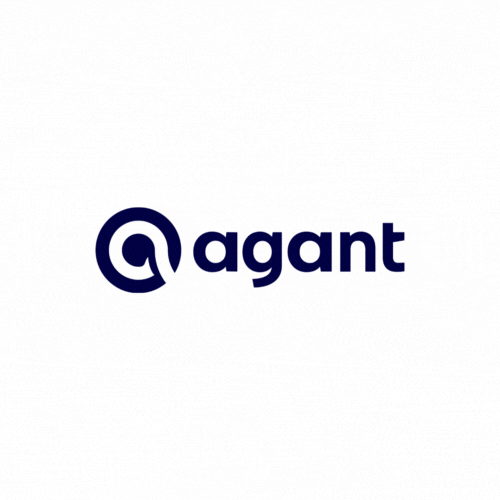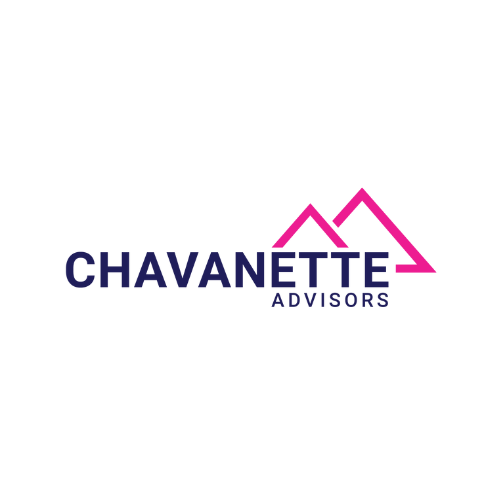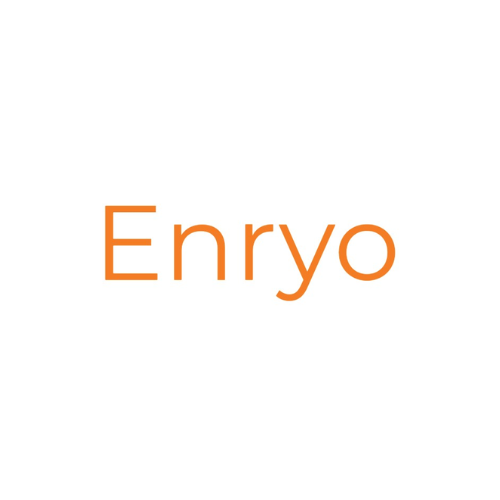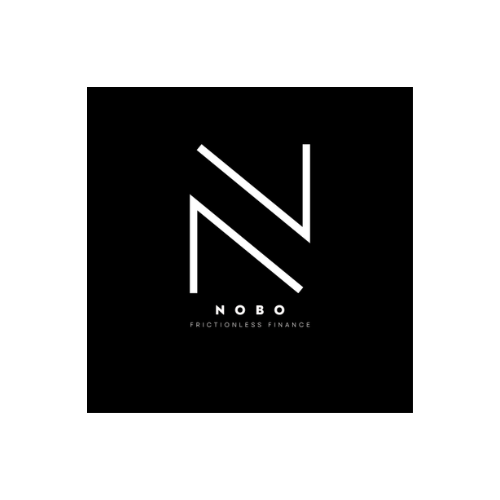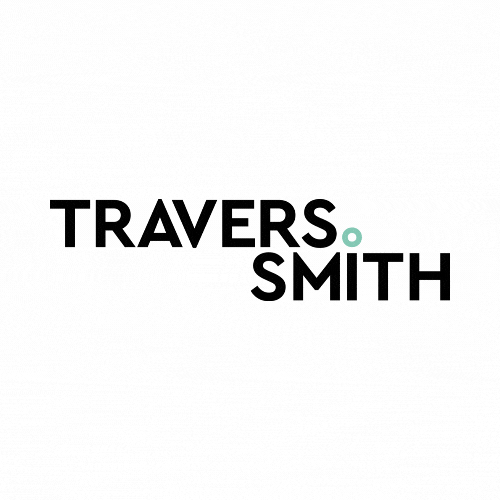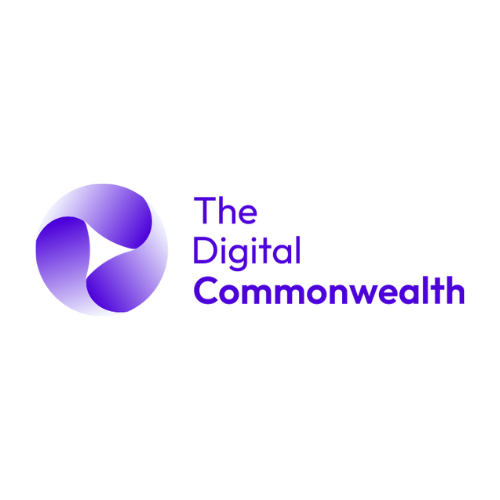Mastercard, collaborating with the Reserve Bank of Australia and the Digital Finance Cooperative Research Centre, unveiled recent findings from their CBDC (Central Bank Digital Currency) experimental project on Thursday.
A key highlight was a real-time transaction where an NFT (non-fungible token) was procured on the Ethereum blockchain using a “wrapped” variation of the CBDC, as stated in an official statement.
This innovation, co-created with financial firm Cuscal and blockchain platform Mintable, is part of the ongoing research endeavour by the bank and cooperative. The primary aim is to facilitate CBDCs to operate seamlessly across different blockchain platforms.
The test not only establishes a legitimate obligation for the RBA but also showcased the potential of a CBDC in offering payment and settlement solutions for Australian consumers and businesses.
Mastercard’s Division President of Australasia, Richard Warmold, mentioned, “Seeing a surge in consumer interest for transactions across diverse blockchains, Mastercard recognises the significance of this technology. It not only enhances consumer options but also presents novel avenues for public-private collaborations in the digital currency realm.”
The live trial emphasised the tech’s capability to implement stringent controls on public blockchains by ‘allow-listing’ the Ethereum wallets of both the purchasing and selling parties.
After procuring the required amount of the pilot CBDC on the RBA’s exclusive platform, an equivalent volume of wrapped pilot CBDC tokens were created on Ethereum. The usage of this pilot CBDC is governed by rigorous authorisation protocols. Only validated entities, who have undergone meticulous Know Your Customer checks and have been evaluated by accredited service providers, can acquire, utilise, and cash in this CBDC.


